On October 15th, Google announced passage indexing. There’s been a lot of discussion about it and just today Barry Schwartz over at SEroundtable published comments from John Mueller on the topic.
In a Hangout John said:
“So my kind of taking a step back and just guessing at this, with my internal information. Usually what happens with these things is we will roll them out in in one particular place, experiment a bit to find out how to best implement these, how they best work and then find ways to roll that out a little bit more broadly.
So it might be that we start showing these in the featured snippets first because I don’t know we showed that example or maybe that’s the clearest way we can check this. And then at some point we start showing them more in the normal search results as well.
But again kind of like with all of these newer changes in search. Usually we we try them in a small scale and then roll them out a little bit larger over time.”
So what does this mean?
Current Google Passage Layout Concept
As has been covered previously, the current visual concept being put out by Google is:
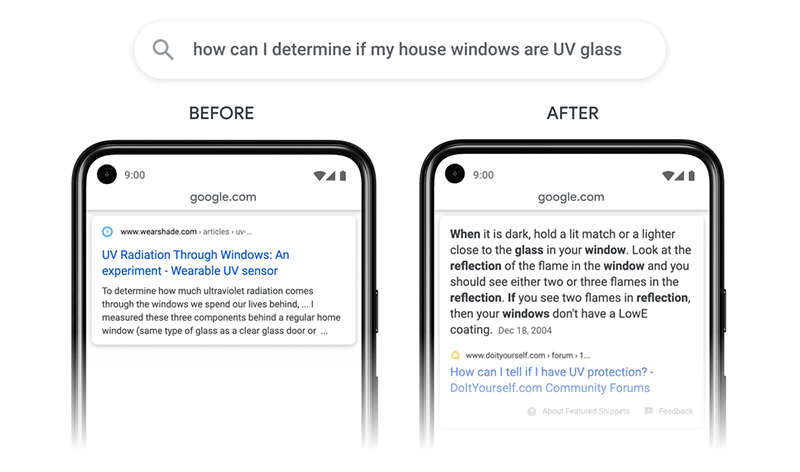
Seem like much ado about nothing to me.
Great … they’ve fancied-up featured snippets a bit, hardly something to get excited about.
Or is it?
What This Really Means
As far as I can tell, what we’re being shown is actually misleading. All we’re really seeing is that Google is somewhat better at pulling bits of content off a page to answer a question (and avoid sending us traffic). But that’s not what’s going on.
What’s actually happening is better indicated by the bit of John’s statement:
“So it might be that we start showing these in the featured snippets first because I don’t know we showed that example or maybe that’s the clearest way we can check this. And then at some point we start showing them more in the normal search results as well.”
Here we have verified what only makes sense from the announcement, but was poorly illustrated – that Google is building out a capability to pull pieces of a page and rank those pieces apart from the full page content.
So let’s take a page I wrote for Search Engine Journal on RankBrain – https://www.searchenginejournal.com/google-algorithm-history/rankbrain/.
There are a variety of sections to this article that presently will be considered and reviewed as one piece.
For the query ‘how does rankbrain work” the piece is presently producing the following result:
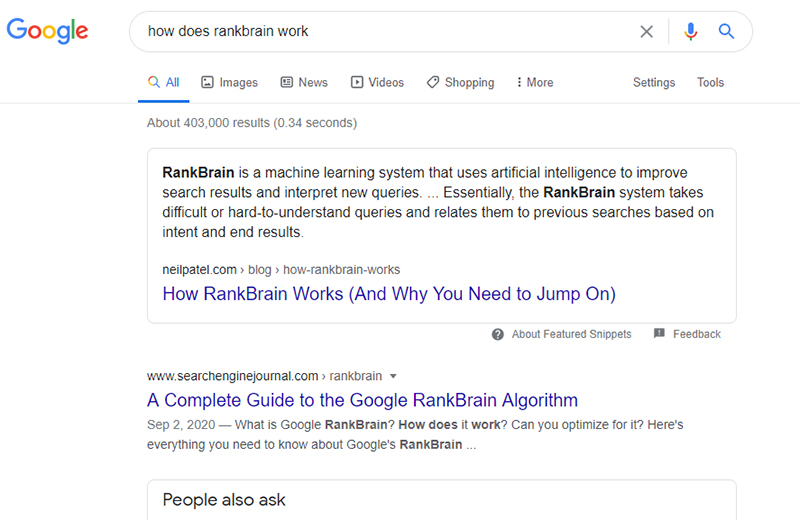
Neil has written a piece exclusively answering the question, with applicable title, description, etc. Google is seeing the whole page and judging whether it is the best fit, and some core signals say it is in the context of how things are indexed presently.
When passage indexing begins to roll out in December, the way things are measured will change.
Will the rankings change in light of this? I obviously hope so. It would be lovely to take over the true #1 spot.
If it does change, it will be due to one section:
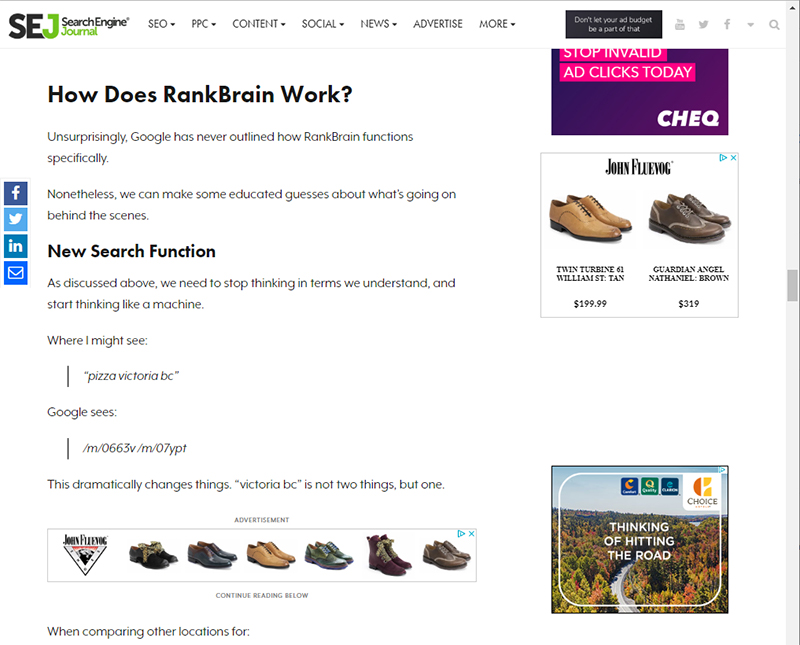
Which you can see by the slider, is down the page a ways.
But what I suspect will happen is not simply a change in ranking, but a complete change in how the search result appears.
Rather than the aforementioned:

I suspect that the SEJ listing, once the passages are rolled into the general search results, will look more like:

Where Google has crafted titles and descriptions to match the query. They will likely be pieced together or simply drawn from the passage.
But what’s more important is that I don’t see a world where we’re taken to the page as we historically would be.
In the short term I see a scenario where Google will simply draw from what they do with featured snippets. You can see it in action at any featured snippet, but in short it looks like (notepad added just so you can see the link structure).
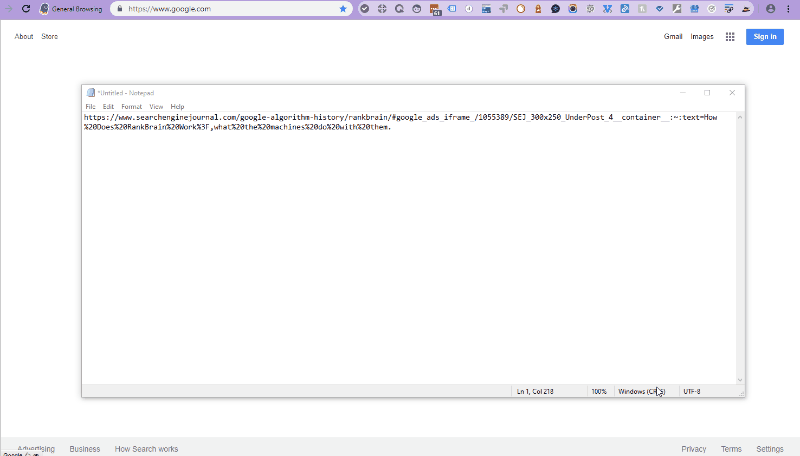
But in my mind that’s a short term fix. Long term I imagine clicking a result to send a user to a page that looks like:
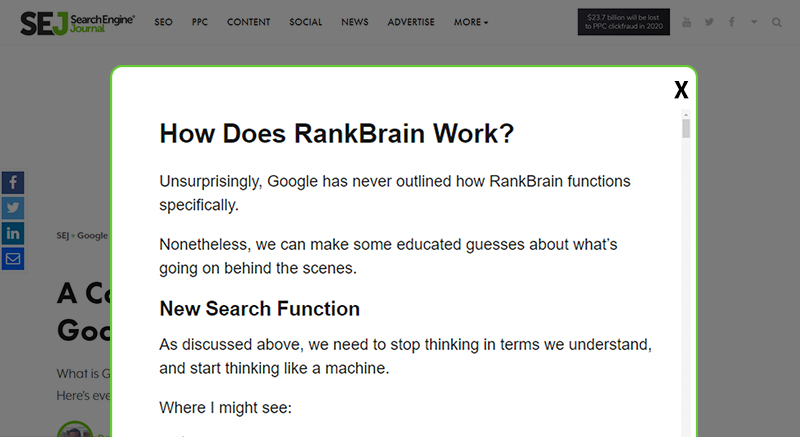
Where they passage is pulled right to the front, to help the user get to exactly what they’re looking for.
The advantage is, we’ll all find stuff faster and easier.
The disadvantage is that there’s the potential for less ad revenue due to reduced scrolling through full content, thus reducing the revenue for publishers.
And More
I’m going to be publishing a piece in the near future on how passages will change SEO and how SEO’s need to look at content.
Stay tuned. 🙂